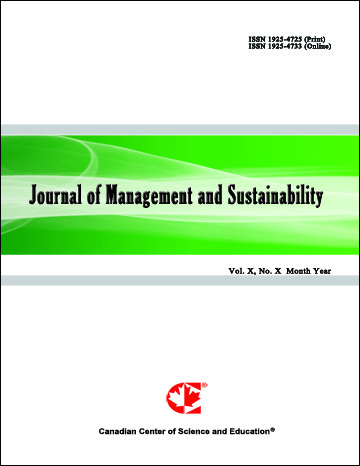Fishing in Salty Waters: Poverty, Occupational Saline Exposure, and Women’s Health in the Indian Sundarban
- Susmita Dasgupta
- David Wheeler
- Santadas Ghosh
Abstract
Collecting wild tiger prawn seedlings, also known as prawn post-larvae (PL), from rivers and creeks is an important occupation for more than 100,000 poor women in India’s Sundarban estuarine delta. Prawn PL collecting requires many hours of immersion in saline river water. This paper uses a large household survey to explore the determinants of poor women’s engagement in this occupation and the health impacts. The results reveal high significance for two variables: (i) the opportunity wage, proxied by years of education and (ii) child-care demands, proxied by the household child-dependency ratio. Together, these variables are sufficient to distinguish between women who have no engagement with prawn PL collecting and those with many years of engagement. The probability of self-reported health problems is also significantly higher for women with more saline exposure from prawn PL collecting and whose drinking water is from tube wells with higher salinity.
- Full Text:
 PDF
PDF
- DOI:10.5539/jms.v12n1p1
Journal Metrics
Google-based Impact Factor (2021): 1.54
h-index (July 2022): 37
i10-index (July 2022): 147
h5-index (2017-2021): 12
h5-median (2017-2021): 19
Index
- Academic Journals Database
- ANVUR (Italian National Agency for the Evaluation of Universities and Research Institutes)
- CAB Abstracts
- CNKI Scholar
- EconBiz
- Excellence in Research for Australia (ERA)
- GETIT@YALE (Yale University Library)
- Harvard Library
- HeinOnline
- Infotrieve
- JournalTOCs
- LOCKSS
- MIAR
- PKP Open Archives Harvester
- RePEc
- Scilit
- SHERPA/RoMEO
- Stanford Libraries
- UCR Library
Contact
- Evelyn XiaoEditorial Assistant
- jms@ccsenet.org
